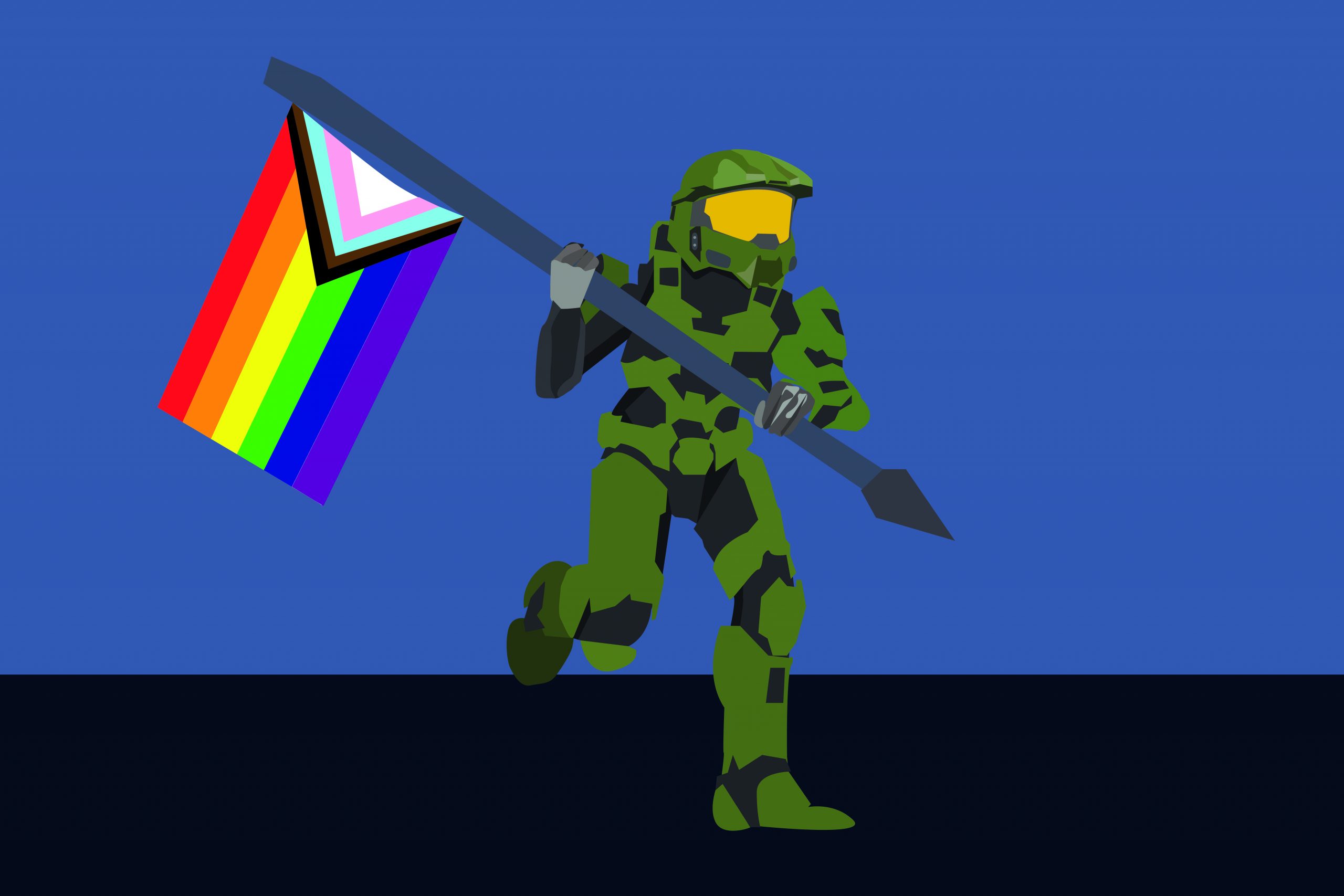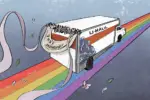Not all video game companies are created equal. When it comes to the problem of diversity in the video game industry, not only do our characters need to be diverse but our developers ought to be as well. Video game fans have tried to bring up the conversation of inclusivity in games for a while now, but it seems that many companies turn a blind eye toward the problems in their products and community.
However, this hasn’t been the case for video game developer Bungie. Creator of the ever-so-popular Halo series, along with the Destiny franchise, Bungie has been in the video game industry since 1991. The company became well-known after their creation of Halo, piloting the development of the series until the 2010 release of Halo: Reach. In 2014, they came out with their next hit game, Destiny, and were quick to release a sequel in 2017. The company is known throughout the video game industry for its laid-back attitude and positive work culture, and even more recently, for its inclusivity initiatives.
On Sept. 29, Bungie CEO Pete Parsons released a “Diversity & Inclusions Learning and Updates” report to the video game community. It detailed the current state of the company’s diversity and chronicled many steps going forward to further solidify the comfort of Bungie’s employees and fanbase. The report states that Bungie’s current leadership on its board of directors is already 50% women and members of underrepresented communities. Parsons proposed plans to check and adjust Bungie’s practices to more effectively remove bias from the hiring process. The company also went on to identify new roles in the company that were specifically created to work on these diversity and inclusivity initiatives, like its new chief people officer Holly Barbacovi.
This report came the same day as the introduction of the Accessibility at Bungie Inclusion Club, the fourth Inclusion Club the company has announced so far. The first Inclusion Club was Black at Bungie (Black@Bungie), which was announced by the previous community manager, DeeJ. Black at Bungie aims to tackle hard questions about racial injustice in the workplace and gaming community and what steps they can take to further improve the company in this way. The Black at Bungie group organized an event for Juneteenth in 2020 and added a “Be Heard” pin to their shop that celebrates the Black Lives Matter movement. All sales for the pin include an emblem that can be redeemed and equipped in Destiny 2. The sales for the pin and emblem set all benefit the Equal Justice Initiative, a group that fights for the rights of incarcerated people and challenges racial injustice in the American prison system.
Bungie announced their next initiative, Trans at Bungie (Trans@Bungie), on March 31; this day, International Transgender Day of Visibility, is especially significant to the transgender community. The announcement talks about a need to focus on better support and representation for transgender and nonbinary individuals in the workforce and video games. Things such as access to healthcare, advocacy for representation and the creation of a space for transgender employees to feel safe and understood were identified as initiatives for the new organization. Trans at Bungie also said Destiny would release a similar emblem for November’s Transgender Awareness Week, which they did in conjunction with the preexisting Pride pin in the Bungie Store. November sales of the pin supported the Trans Lifeline nonprofit organization, which offers support to transgender people facing crisis.
Women at Bungie (Women@Bungie), first introduced in June 2021, was the third Inclusion Club announced at the company. The group was first inducted with a pin and emblem set released during Women’s History Month in March 2021. The more than $125,000 in proceeds from the pin went toward AnitaB, an organization that encourages women in the technology industry to connect and support each other. The initiative focuses on supporting women in the company and urges players to take steps on their own to uplift women in gaming to make them feel safe and included. In the announcement, Lizz Quinlan, a product manager on the Destiny Player Support team, said, “Players can ensure their friend groups, clans, and pick-up fireteams are welcoming to women and girls playing Destiny (or any game!) by speaking up and stopping any sexist language or harassment that is still unfortunately prevalent in some areas of the wider gaming community.”
This loops us back to the newest addition to Bungie’s growing number of Inclusion Clubs: Accessibility at Bungie (Accessibility@Bungie). With a focus on making its games accessible to all, Bungie outlines plans to work with organizations in the game industry that focus on game accessibility, with changes to their gameplay and audio and visual systems in the works. Bungie asserts that it takes all issues related to accessibility seriously, and is actively looking for solutions to problems that are brought to their attention by players. In October, the group released a pin and emblem set for National Disability Employment Awareness Month, with all profits being donated to AbleGamers Charity. AbleGamers Charity advocates for accessibility and disability awareness in the gaming industry.
Bungie knew that they needed to say something about what’s going on in the world. Acting like everything is fine and not addressing the issues going on in the video game industry and the world as a whole is disrespectful to those impacted. That’s not Bungie’s style. Bungie also isn’t a company that just says things. They’ve shown us that they are taking these problems seriously and they’ve shown that they are taking action and improving every day. Bungie allows the community to take part in these initiatives by putting its profits toward organizations that support the causes Bungie stands for and letting players identify themselves as members and allies of these communities in-game.
Many video game developers don’t sit down with their players and have these serious conversations. Online video games are often criticized for having very negative and toxic communities. Despite this, Bungie actively seeks to create environments that their employees, community members and players can all feel comfortable in. Other video game developers should take a page from Bungie’s book and fight for social issues on both the outside and inside of their games.
















